The corona crisis is having a huge impact on worldwide demand for medical technology, including from Germany. Isabel Thywissen, healthcare expert at KfW subsidiary DEG, talks about investment opportunities in developing and emerging countries and about funding possibilities for German SMEs.
About Mrs Thywissen

As a healthcare expert at DEG, Isabel Thywissen deals with financing projects in the healthcare sector.
The healthcare market is booming, especially in emerging countries. Which countries or regions are booming the most?
ISABEL THYWISSEN: Generally speaking, the demand for funding in the healthcare sector is growing strongly everywhere. The corona crisis is driving changes in the healthcare sector that were already emerging before the crisis: telemedicine, digitalisation in hospitals, apps with artificial intelligence, to name but a few. For example, DEG is supporting transactions in South-East Asia involving the expansion and modernisation of existing hospitals and the application of digital technologies.
Which products from German companies are in particular demand?
At present there is strong demand for products that directly relate to the pandemic. Sales of other products have slumped temporarily due to the fact that treatments have been postponed and hence the demand for materials and the use of medical technology devices has been lower. In developing and emerging countries, there is growing interest in innovative products, especially in the fields of medical technology, pharmacy and digital technology. For example, smartphones could be used to speed up processing in hospital organisation; or biosensors could be used to measure muscle contractions or temperature fluctuations and report them to the relevant hardware. However, the crisis also offers an opportunity: as a result of the decrease in revenue for hospitals and diagnostic centres, for instance, leasing models are being preferred to purchasing of devices. German suppliers are proving flexible and solution-focused in this respect.
Where do you see the greatest opportunities exist for German SMEs?
After the USA, Germany is already the world’s second largest exporter in the medical technology sector. There are many smaller, highly specialised companies in Germany whose products are recognised all over the world. However, there are also significant products and services for the global market that come from large, traditional German family companies. Small and medium-sized businesses that are not directly involved in solving problems arising from the pandemic are now feeling insecure. However, it is clear that healthcare services cannot be delivered today without medical technology. One of the discoveries of the pandemic is that medical technology is a reliable growth market, in terms of both sales and employment. Germany can equally score well with medical computer scientists and medical engineers.
What challenges exist?
The medical market is heavily regulated in most countries. As a rule, every medical device first has to be registered with a regulatory body. In the EU, for instance, a new medical device regulation (EU-MDR) provides for the need for adaptation in the sector. Ensuring a successful and sustained presence on the ground in the long term is one of the reasons why close collaboration with local partners is strongly advisable. One problem in less developed countries is that it is difficult to find maintenance staff for high-tech medical devices. Digitalisation with remote servicing, etc., is one way to help customers solve this problem. Furthermore, flexible solutions are increasingly being found at the moment, such as cooperation between manufacturers on maintenance and repair, especially in smaller markets.
What can DEG do to help companies in the growing healthcare market?
In addition to our long-term financing (both loans and participations), which German companies can use to set up their own production in developing or emerging countries, we offer them expert advice and valuable contacts from our worldwide network. Our representative offices are of great importance in this regard. DEG also helps to fund feasibility studies undertaken by German companies in order to help them to enter new markets. And we are also there for German companies who are not planning any major investments on location to begin with. With our German Desks established in six countries at present, we – together with local partner banks and chambers of commerce – are the first port of call for German companies and their local trading partners.
The described project contributes to the following United Nationsʼ Sustainable Development Goals
Goal 3: Ensure healthy lives and promote well-being for all at all ages
Health is the goal, prerequisite and result of sustainable development. Supporting health is a humanitarian requirement – both in developed and developing countries. Around 39 per cent of the worldʼs population lives without health insurance. In poor countries, this amount even exceeds 90 per cent. Many people still die from diseases that are not necessarily fatal with the right treatment, or that could easily be prevented with vaccinations. Strengthening health systems, particularly by making vaccines widely available, can make it possible for us to drive these diseases back and even eradicate them by 2030.
Published on KfW Stories: 10 November 2020.

All United Nations member states adopted the 2030 Agenda in 2015. At its heart is a list of 17 goals for sustainable development, known as the Sustainable Development Goals (SDGs). Our world should become a place where people are able to live in peace with each other in ways that are ecologically compatible, socially just, and economically effective.

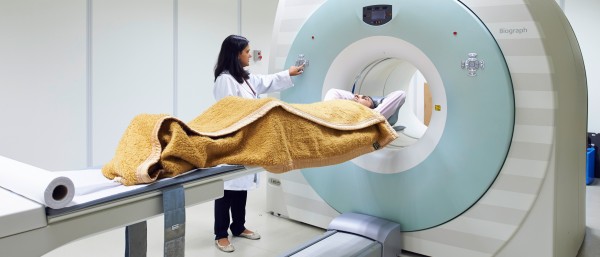

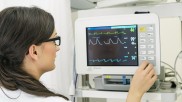

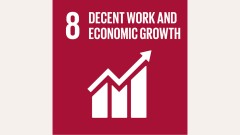
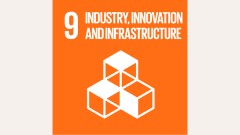
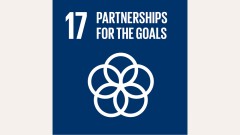
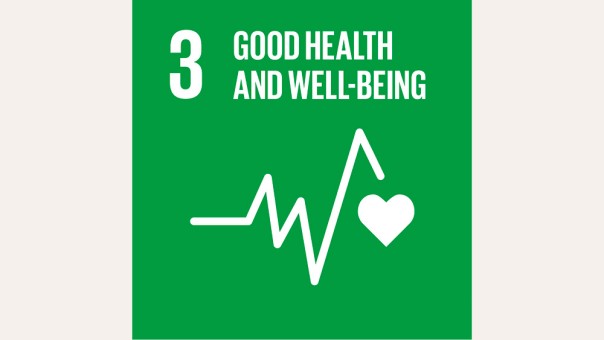
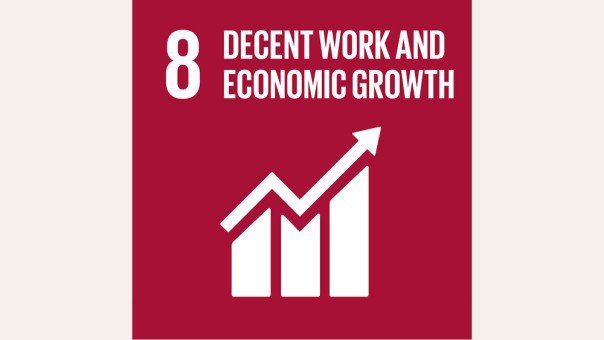
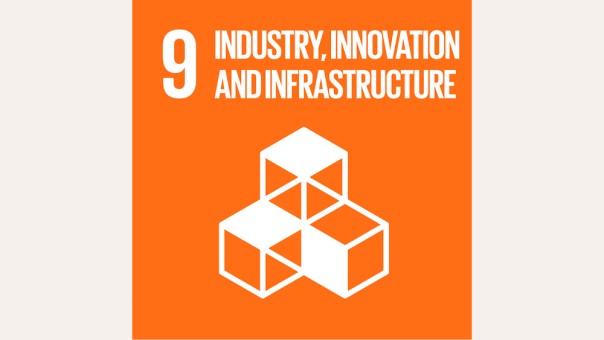
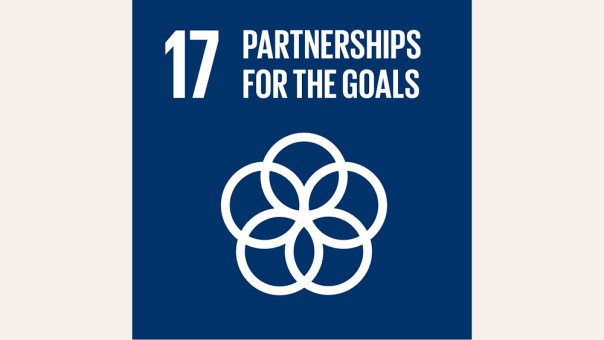
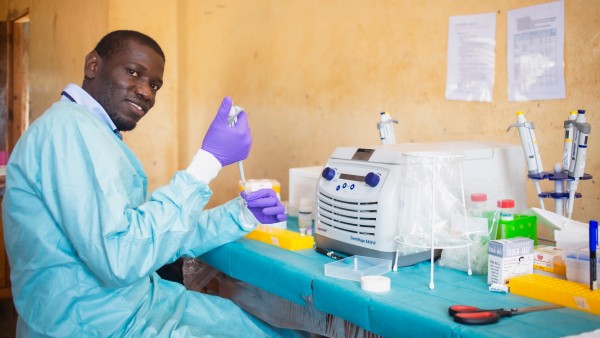
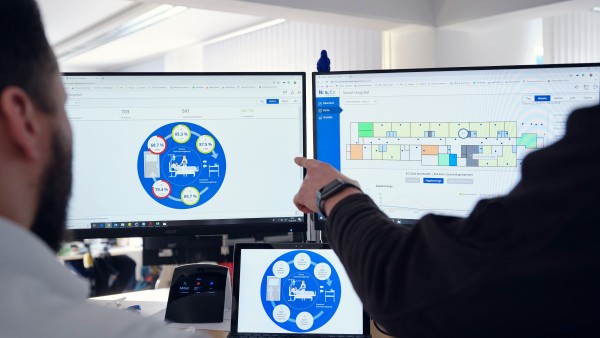

Data protection principles
If you click on one of the following icons, your data will be sent to the corresponding social network.
Privacy information